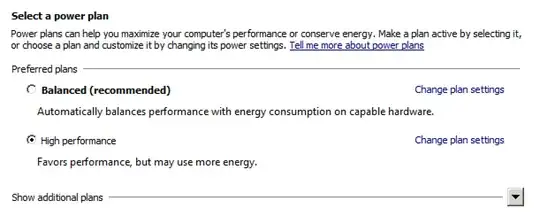For those that don't know, CPU parking is a feature in recent Windows Server releases that allows Windows to pretty much drop a CPU core to zero use, and having nothing use it. It's been introduced as a power-saving measure. There's more detail about it here, amongst other places.
However what I'm curious about is whether this matter on a virtualised guest - or is CPU parking more of a hindrance than a help, given that the physical CPUs are managed by ESXi, not Windows, and that a parked CPU is less likely to deal with traffic unless the scheduler deems there's enough work to unpark the CPU?
I've not found anything about this - I do suspect it will be very much based on a given workload, but I've not seen any discussion (unlike, say, whether hyper-threading has any effect, which seems to be discussed regularly). Whilst I do understand the "test with your workload" I was wondering if there was any advice/guidelines out there that I've missed.
